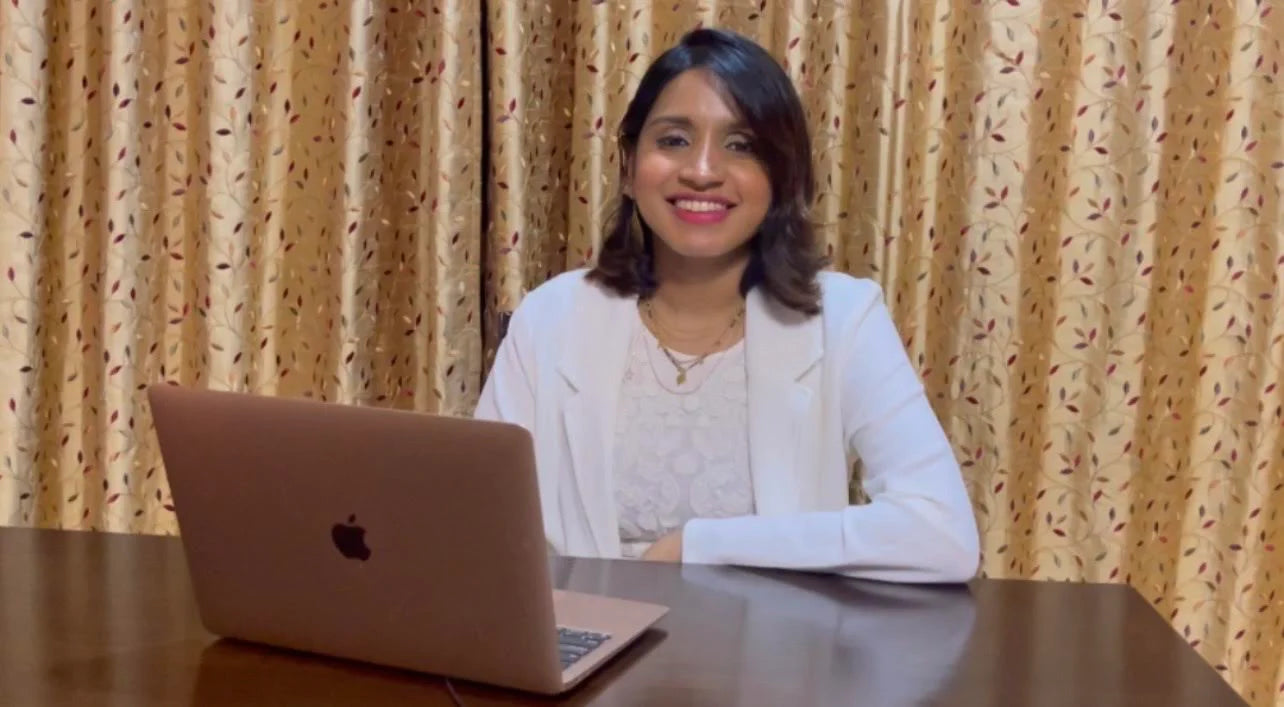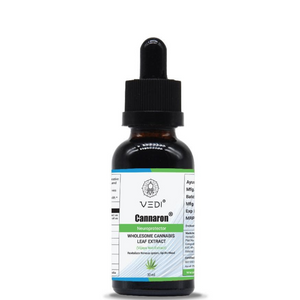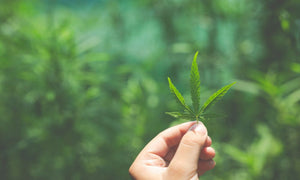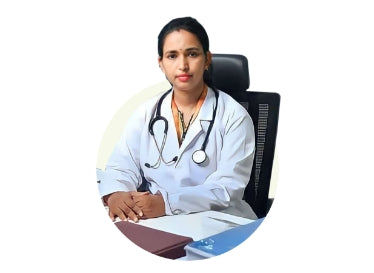Effective Ayurveda for Headache Relief: Natural Treatments, Causes, and Solutions
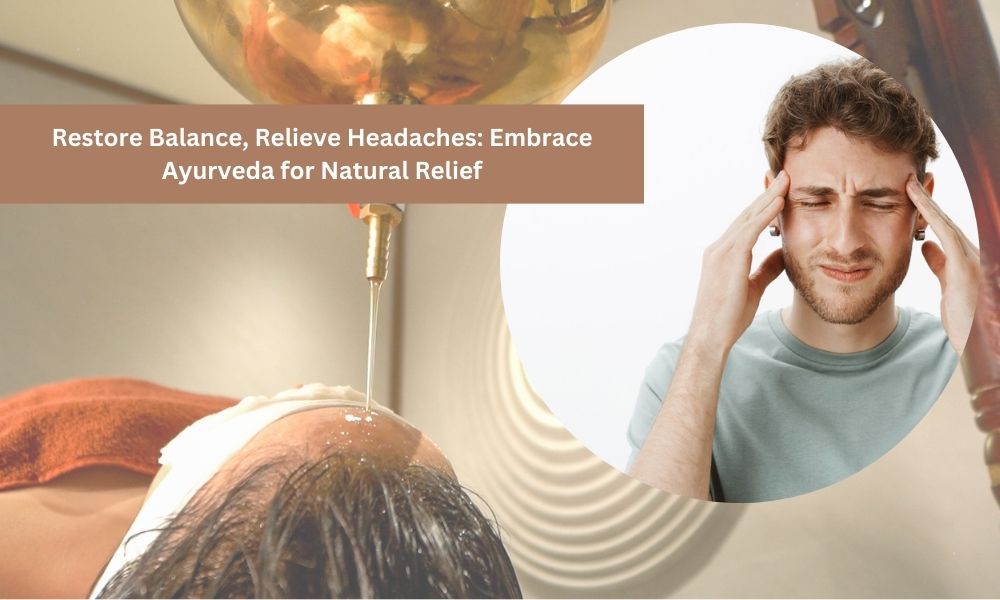
Headaches are a common condition that can disrupt daily life, cause discomfort, and reduce productivity. While modern medicine offers various treatments, many individuals are turning to Ayurveda for headache relief. This ancient Indian healing system views headaches not as isolated symptoms but as indicators of deeper imbalances within the body.
Ayurveda's work on headaches focuses on addressing these imbalances by using a holistic approach. This system combines herbal remedies, dietary adjustments, lifestyle changes, and therapeutic practices to target the root causes of headaches. The goal of Ayurvedic treatments is to restore balance within the body, which helps prevent headaches from recurring.
Adopting an Ayurvedic lifestyle provides a natural, safe alternative for managing headaches while supporting overall health and wellness. By emphasizing prevention and personalized care, Ayurveda for headaches offers a sustainable solution for long-term relief.
1. Vata-Type Headache
Symptoms:
- Pulsating or throbbing pain.
- Light and sound intolerance.
- Dryness in the body.
- Chronic pain that gets worse when exposed to minimal temperatures or strong wind.
Causes:
Vata headaches are caused by excess Vata dosha, which is constituted from air and space. Stress, anxiety, excessive thinking, lack of water intake, less sleep, or an empty stomach will further increase Vata.
Ayurvedic Treatments:
- Herbal Remedies: Consuming ashwagandha, jatamansi, and Brahmi will help to soothe the mind.
- Massage Therapy: Head massages: Shiro Abhyanga using warm sesame/Brahmi oil.
- Diet: Diet with warm and steamy foods, especially fruits and vegetables, soups, khichdi, etc. Do not consume raw, cold, or dry foods such as salads, yogurts, cheese, fruits, and breads.
- Lifestyle Practices: Modifications such as practicing yoga, meditation, and other deep-breathing techniques like Anulom-Vilom will also control Vata.
2. Pitta-Type Headache
Symptoms:
- Stupendous, scorching pain in the area of the temples.
- Heat and light sensitivity.
- Irritability and anger.
- Many of them present it together with other signs such as stomach acidity or nausea.
Causes:
- Pitta headaches are caused by excess Pitta dosha, which is composed of fire and water. Some of them are heat, spicy foods/oils, computer use, anger/frustration/hatred, etc.
Ayurvedic Treatments:
- Herbal Remedies: To balance Pitta, try some herbs that have a cooling effect, such as Shatavari, Brahmi, and Amla.
- Therapies: Shirodhara therapy involves pouring jars of cool medicated oils on the client’s forehead using coconut or sandalwood oil.
- Diet: Also include astringent foods like cucumber, coconut water, and buttermilk. It is inadvisable to consume spicy, fried, and fermented foods.
- Lifestyle Practices: Try cooling pranayama like Sheetali and do other activities like taking a walk in moonlight for the best results.
3. Kapha-Type Headache
Symptoms:
- Dull, heavy pain, often accompanied by congestion.
- Pain worsens in cold, damp environments.
- Sleepiness and lethargy.
Causes:
- Kapha headaches are caused by an imbalance in the Kapha dosha, associated with earth and water elements. Triggers include cold and damp weather, excessive sleep, poor digestion, and consumption of heavy, oily foods.
Ayurvedic Treatments:
- Herbal Remedies: Trikatu (a blend of ginger, black pepper, and long pepper) helps clear Kapha. Tulsi and cinnamon teas are also beneficial.
- Therapies: Nasya (nasal administration of medicated oils) using eucalyptus or camphor oil.
- Diet: Opt for light, warm, and spicy foods. Avoid dairy, sugary, or fried items.
- Lifestyle Practices: Engage in stimulating activities like brisk walking and dry sauna sessions to balance Kapha.
4. Cluster Headache
Symptoms:
- A sharp pain in the region of one eye or in one side of the head.
- Some common signs are that the nasal tilts to one side, or the opposite nostril is blocked or tears up when the baby sneezes.
Causes:
- According to Ayurveda, cluster headaches result from the Vata-Pitta Dosha Ama aggravation. This condition can be caused by chronic stress, poor lifestyle, or nerve inflammation.
Ayurvedic Treatments:
- Herbal Remedies: Guggulu and Triphala's helpful aspects in murine inflammation.
- Therapies: Included Shirodhara with cooling oils and Vata Pitta massage balancing.
- Diet: Avoid products with the qualities that increase the levels of tridoshas and especially focus on products that have characteristics that soothe or cool the body.
- Lifestyle Practices: Integrate a restorative style of yoga and the mindfulness technique.
5. Migraine
Symptoms:
- Severe throbbing headache involving one side of the head, or both sides simultaneously.
- Headache, dizziness, and disorientation, and being sensitive to light and sound.
Causes:
- The migraines originate in this condition from an Ayurvedic view from both Vata and Pitta doshas.
- Actually, holding in mind a number of factors is possible to cause migraines, including lack of regular meal patterns, lack of water intake, hormonal changes, or pressure.
Ayurvedic Treatments:
- Herbal Remedies: For the nervous system, use Gotu Kola, Jatamansi, and Brahmi.
- Therapies: Shirovasti—oil retention on the head and cooling Nasya treatments.
- Diet: Intake of fresh, light foods that can help to increase water content in the body. Stay away from stimulants that include caffeine, chocolates, and alcohol.
- Lifestyle Practices: Pursue a good quality, consistent sleep schedule and avoid tiring yourself out.
Some generic Ayurvedic advice for headaches is:
1. Daily Head Massage:
The use of medicated oils like Brahmi or Bhringraj also has a soothing effect on the mind and can enhance blood flow.
2. Hydration:
Take warm, non-caffeinated herbal teas, such as ginger tea and Tulsi tea, to help the client take more water and reduce anxiety.
3. Aromatherapy:
Some of the recommended oils include eucalyptus, lavender, or sandalwood for this service.
4. Stress Management:
Adopt yoga, meditation, and pranayama to help eliminate stress-associated headaches.
5. Panchakarma Therapies:
According to Ayurveda, there are few treatments for detoxification, such as Virechana or Nasya, to purify the body and bring it back to its normal state of dosha balance.
Conclusion
Ayurveda states that headaches are often caused by imbalances in the body's doshas, which are Pitta, Kapha, and Vata. Typical symptoms include pain, sensitivity to light and sound, and nausea. Ayurvedic treatments seek to restore balance through the use of herbal remedies such as ashwagandha, ginger, and tulsi, as well as dietary changes, proper hydration, and stress-reduction methods. Regularly practicing yoga and meditation can also help keep headaches at bay. By addressing the root cause and maintaining general health, Ayurveda offers effective, all-natural solutions for managing and preventing headaches.
FAQ
1. What are the most common causes for headaches?
Stress, dehydration, bad posture, eye strain, and specific meals or beverages are common causes.
2. Which drink relieves headaches?
Dehydration-related headaches can be avoided by drinking plenty of water, and herbal beverages like ginger or peppermint tea may also be beneficial.
3. What distinguishes a migraine from a headache?
A migraine typically causes a throbbing sensation on one side of the head, which typically worsens with movement. In contrast to a headache, a migraine often involves associated symptoms like tingling, nausea, vomiting, light or sound sensitivity, and vision issues (such as seeing flashing lights).
4. Which foods are good for headaches?
Headaches can be avoided by eating foods high in magnesium, such as spinach, almonds, watermelon, salmon, and seeds.

